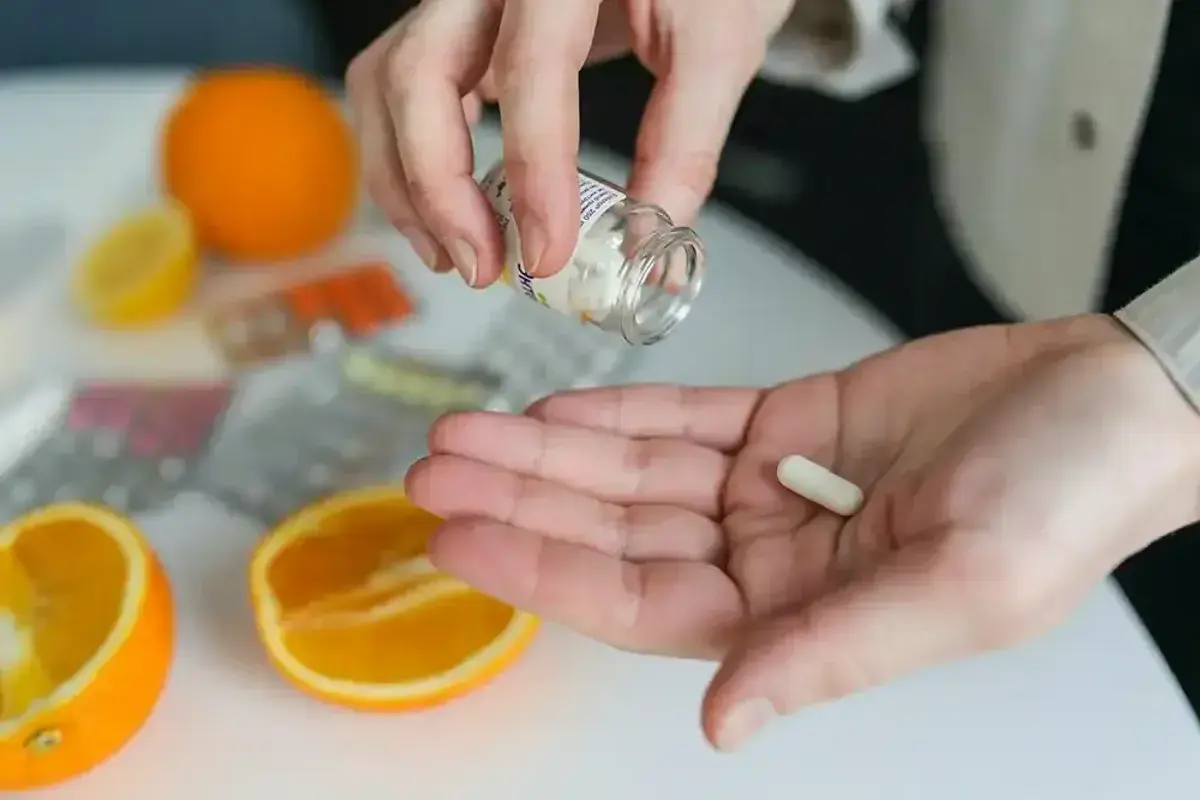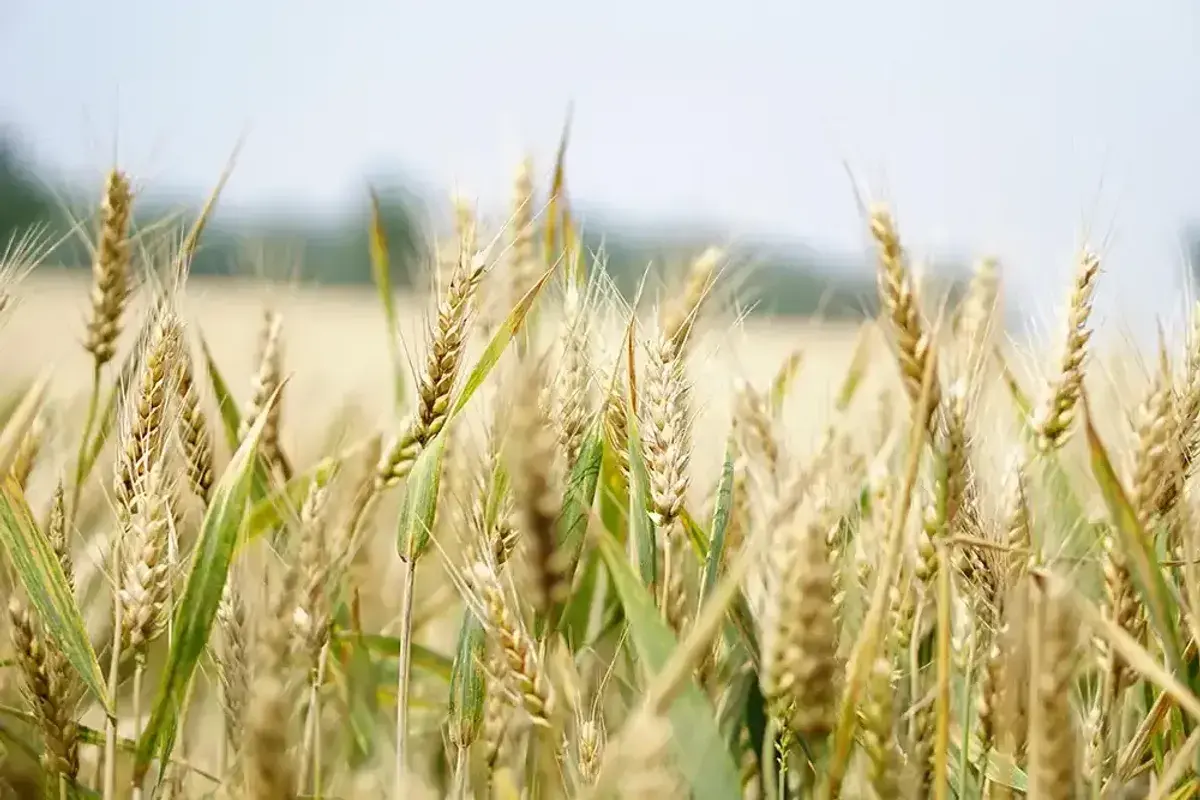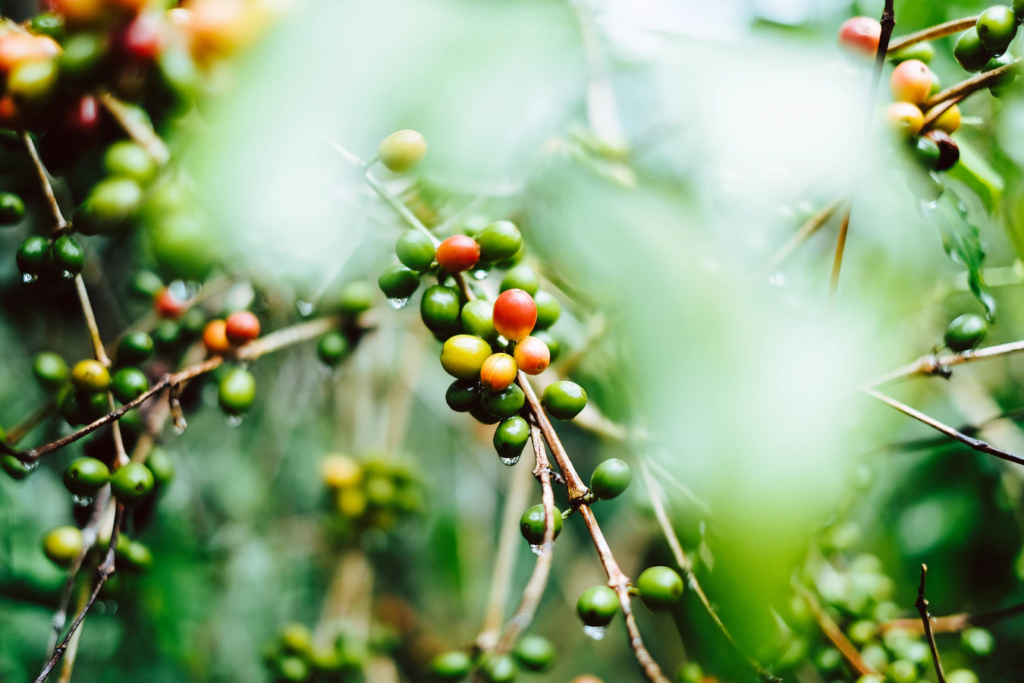GMO-free refers to a certified product or food that does not contain genetically modified organisms (GMOs). GMOs are living organisms, including animals, plants, and microbes, whose genetic material has been artificially altered in a laboratory, typically to enhance desirable traits such as resistance to pests, diseases, or environmental stress.
While GMOs create benefits such as higher crop yield and longer shelf life, there is an ongoing debate about the potential risks of GMOs, with many consumers preferring to consume products that do not contain them. As a result, many food manufacturers and producers label their products as "GMO-free" to appeal to consumers who are looking for these products.
Although GMOs are extensively tested and regulated by various government agencies, and no scientific evidence for harm to people has been found, the labelling of "GMO-free" products is still a matter of consumer choice and preference. Not every product that is free of GMOs has the label GMO-free, as this needs to be audited. In some countries, GMO-free is the standard, for example, in Germany, France, and Algeria.
How do you genetically engineer raw materials?
Genetic engineering of raw materials involves altering the genetic makeup of organisms used to produce those raw materials. The genetic engineering of raw materials is a complex process that requires extensive testing and regulatory approval to ensure the safety and quality of the end product. The process typically involves the following steps:
Identify the desired trait
The first step in the genetic engineering of raw materials is to identify the desired trait that you want to introduce into the organism. For example, you may want to increase the yield of a particular crop or make the plant resistant to pests or herbicides.
Isolate the gene
Once you have identified the desired trait, you isolate the gene responsible for that trait. This is typically done using molecular biology techniques, such as gene sequencing.
Insert the gene
The isolated gene is inserted into the genome of the organism using genetic engineering techniques such as CRISPR (Clustered Regularly Interspaced Short Palindromic Repeats) or transgenic methods. This allows the organism to express the desired trait.
Test and optimise
After the gene has been inserted, the modified organism is tested to ensure that it showcases the desired trait and that the trait does not have any negative side effects. Once the desired trait has been confirmed, the organism can be optimised for maximum yield or other desirable properties.
Scale up production
The modified, optimised organism can now be scaled up for commercial production. In some use cases, genetically engineered crops can be grown on a larger scale to produce raw materials such as soybeans or corn in larger quantities.
Why would genetically modified food be bad?
GM foods are extensively tested and regulated by various government agencies to ensure they are safe for consumption and for the environment. However, there is an ongoing debate over the potential benefits and drawbacks of genetically modified (GM) foods. Some people are concerned about the potential risks of consuming GM foods, a few reasons being:

Health risks
Some studies raise concerns about the potential health risks of consuming GM foods. While most studies have not found any significant health risks, some suggest that GM foods could have negative effects on human health, such as causing allergies or increasing the risk of antibiotic resistance.

Environmental risks
GM crops can potentially harm the environment. For example, GM crops that are designed to be resistant to herbicides could lead to the overuse of herbicides, which could harm non-target plants and wildlife.
.webp)
Socioeconomic concerns
There are concerns that GM crops could create a situation in which large corporations control the world's food supply. There are also concerns that GM crops could harm small farmers who cannot afford to buy GM seeds or compete with larger farms that use GM crops.
What is GMO-free alcohol?
GMO-free alcohol refers to alcohol that is made without the use of GMOs as a raw material. This includes the grains or other raw materials used in the production of the alcohol, as well as any additives or flavourings that may be used.
The use of GMOs in alcohol is not as widespread as it is in other food products. However, some alcoholic beverages and countries may use genetically modified grains, such as corn or soy, in their production, which is a reason for selected alcohol manufacturers and producers to label their products as GMO-free. It is not possible to prove by the final alcohol product whether the feedstock was GMO or not. If you want to avoid GMO in your product, you may want to use GMO-free alcohol in your production, something Nedstar is able to help you with.
Conclusion
GMOs are a widely consumed product that enables society to feed a bigger part of its population for cheaper. Although strictly regulated by government agencies, as long as GMOs continue to cause debate within the consumer base, the concept of “GMO-free” will stay a matter of consumer preference and choice. This includes alcohol products, which can be made with genetically modified grains. At Nedstar, we can provide you with good-quality alcohol that has GMO-free or non-GMO certification, with non-GMO products guaranteed to be derived from raw materials that were not genetically modified. Get in touch with one of our commercial managers below to find out more.









Leave a comment